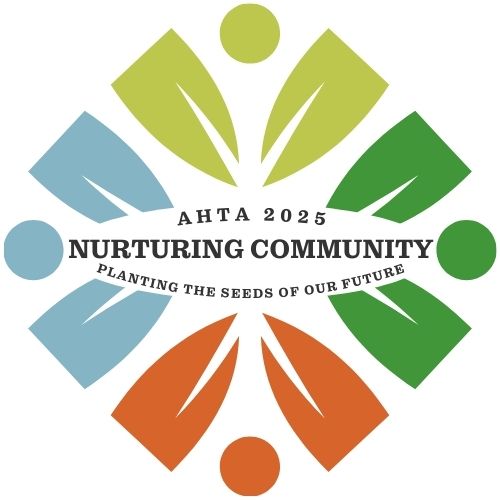
Concurrent Sessions 9 | October 10, 2025 | 2:00 PM - 3:00 PM (PST)
The Power of Proximity: Unlocking the Benefits of Nearby Nature
Description
Spending time in green and blue spaces is linked to improved life satisfaction, reduced anxiety, and increased happiness. Nature exists on a spectrum and whether experiencing ‘big’ nature or ‘micro’ nature, high quality contact generates increases in positive emotion and feelings of vitality, decreases in negative emotion, and relief from mental fatigue. This presentation will explore recent research that highlights the health benefits of nature interaction, the primary components of high-quality nature experiences, and the key factors in connecting people and nature.
Speaker
Elizabeth (Leah) Diehl, RLA, HTM
Elizabeth (Leah) Diehl, RLA, HTM is Director of Therapeutic Horticulture at Wilmot Botanical Gardens and Lecturer in the Environmental Horticulture Department at the University of Florida. She is a licensed landscape architect, master gardener, and professionally registered horticultural therapist. She developed and teaches an undergraduate certificate program in horticultural therapy at UF, conducts research, and runs therapeutic horticulture programming for diverse populations. Her most recent research projects include the effects of a structured therapeutic horticulture program on student stress and anxiety. She began her work in horticultural therapy in Chicago in 1993, and has given lectures, workshops, and trainings on horticultural therapy, healing gardens, and related topics throughout the U.S. and abroad.
Aligning Your HT Program with Community Partner Needs
Description
A successful garden program integrates seamlessly into a community partner’s mission rather than feeling like an added task. Aligning your program with their goals ensures long-term success. This session explores strategies for designing mission-driven programs, using research effectively, and conducting meaningful evaluations. Presenter Mike Maddox, HTR, shares real-world experience from botanical gardens, extension education, and community gardening, offering practical insights that also support grant-driven initiatives.
Speaker
Mike Maddox, HTR
Mike Maddox, HTR, holds MS degrees in Horticulture and Instructional Design. His horticulture education career began at the University of Northern Iowa’s botanical center and grew through teaching at UW-Madison. As director of education for a regional botanical garden and an extension educator, he developed programs addressing environmental needs and food security. As former director of the Wisconsin Master Gardener program, he gained expertise in program planning and reporting. His horticultural therapy work serves elders, youth, veterans, AODA, incarcerated, un-homed individuals, and their community partners.
Addressing Mood and Emotions with Meaningful Horticulture Therapy Objectives
Description
This presentation is intended to provide attendees with examples of the considerations involved in developing clear horticultural therapy objectives that address program needs in the areas of mood and emotions. Using the ‘SMART’ approach to setting measurable and relevant short-term objectives, the HT or TH practitioner can assist participants to have increased positive behavioral experiences that can help lead to a reduction in challenging or interfering mood or emotional states.
Speaker
Karen Haney, HTR
Karen Haney is a Registered Horticultural Therapist (HTR), UCCE Master Gardener and is certified in Permaculture Design. She has a long professional background in conducting behavioral assessments and providing positive behavioral support for people with special program needs. Karen oversees the Horticultural Therapy program at a non-public school in Los Angeles, and she developed and currently teaches the AHTA accredited Horticultural Therapy Certificate Program with UCLA Extension. Karen loves to share her passion about the therapeutic benefits of engaging with plants through positive and meaningful activities.
|